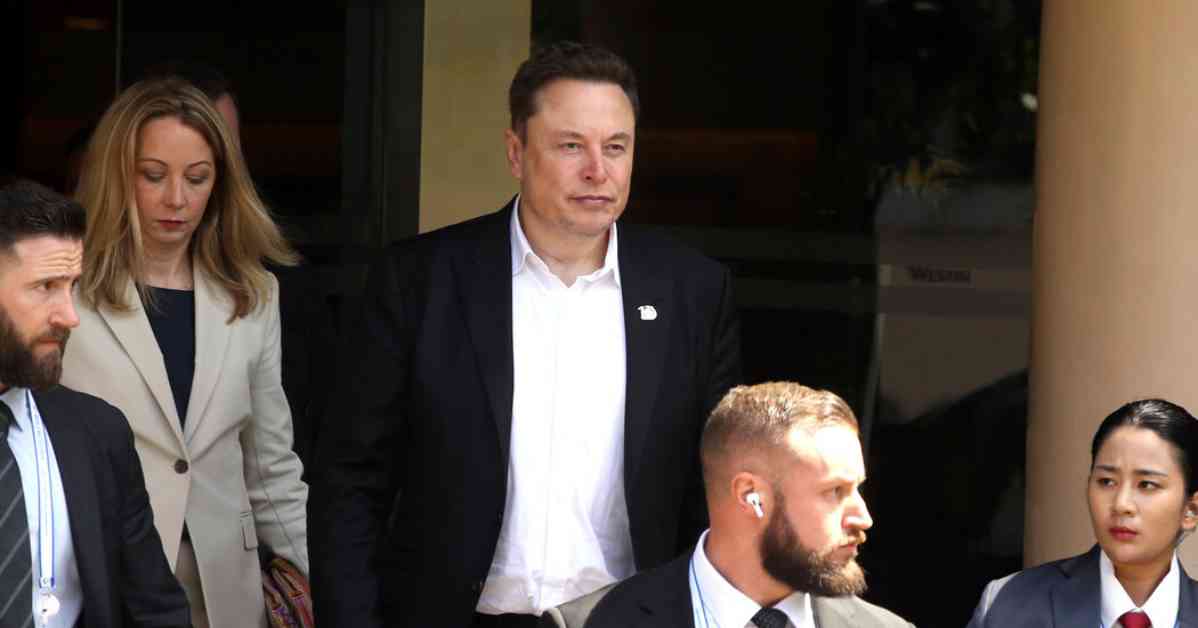Elon Musk recently made headlines for withdrawing his lawsuit against OpenAI, a prominent artificial intelligence start-up. The lawsuit, filed in February, accused OpenAI and its founders, Sam Altman and Greg Brockman, of prioritizing commercial interests over the public good, which Musk believed went against the company’s founding contract.
The lawsuit was dropped just a day before a state judge in San Francisco was set to consider whether it should be dismissed. Musk’s main point of contention was OpenAI’s partnership with Microsoft, which he claimed strayed from the company’s original goal of developing artificial general intelligence (A.G.I.) for the benefit of humanity.
Musk, who co-founded OpenAI in 2015 with Altman, Brockman, and a team of A.I. researchers, had a vision of creating a research lab that would address the risks associated with A.I. He believed that other tech giants, like Google, were not taking these risks seriously enough.
After a power struggle in 2018, Musk parted ways with OpenAI and went on to start his own A.I. company called xAI. He felt that OpenAI was not adequately addressing the dangers of A.I. technology, which led to the lawsuit against Altman and the company.
Despite the lawsuit being dropped, Musk’s concerns about the direction of A.I. development remain. OpenAI recently announced plans to work on a new A.I. model to succeed its ChatGPT technology, with a focus on building A.G.I. The company also formed a Safety and Security Committee to address the risks associated with this new technology.
It is clear that the debate around the ethical development of A.I. continues to be a contentious issue in the tech industry. Musk’s actions highlight the importance of considering the potential risks and implications of advancing A.I. technology, and the need for companies to prioritize the public good over commercial interests. As A.I. continues to advance, it will be essential for organizations like OpenAI to navigate these challenges responsibly and ethically.




















